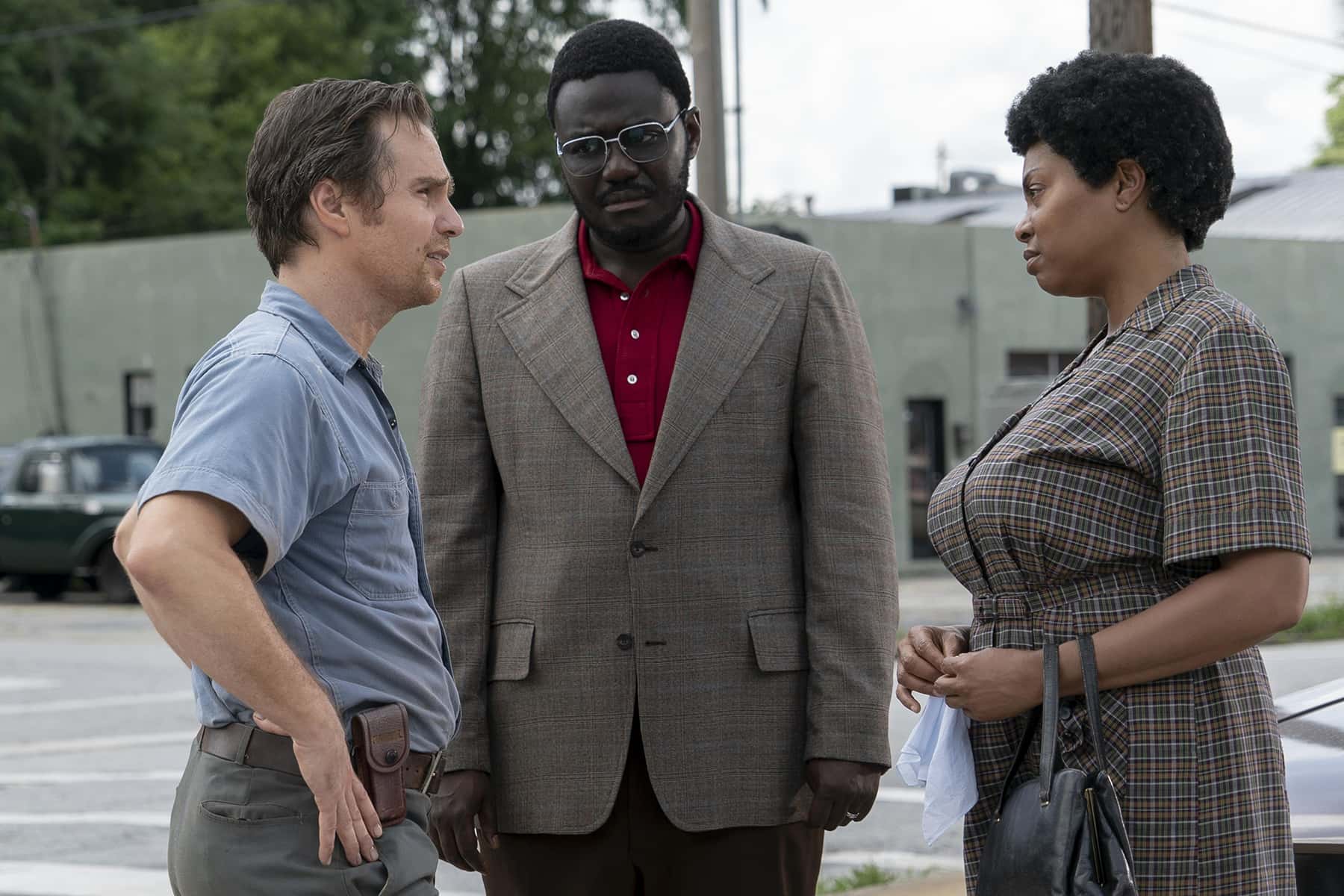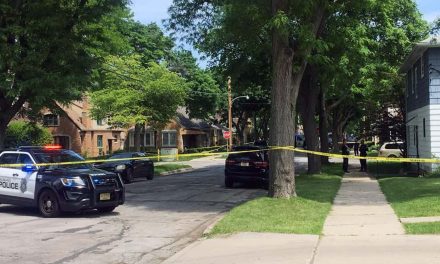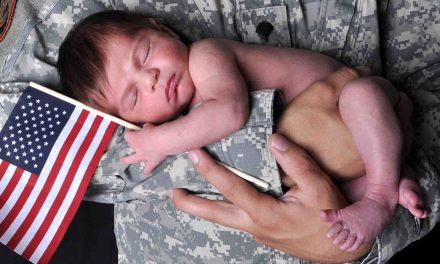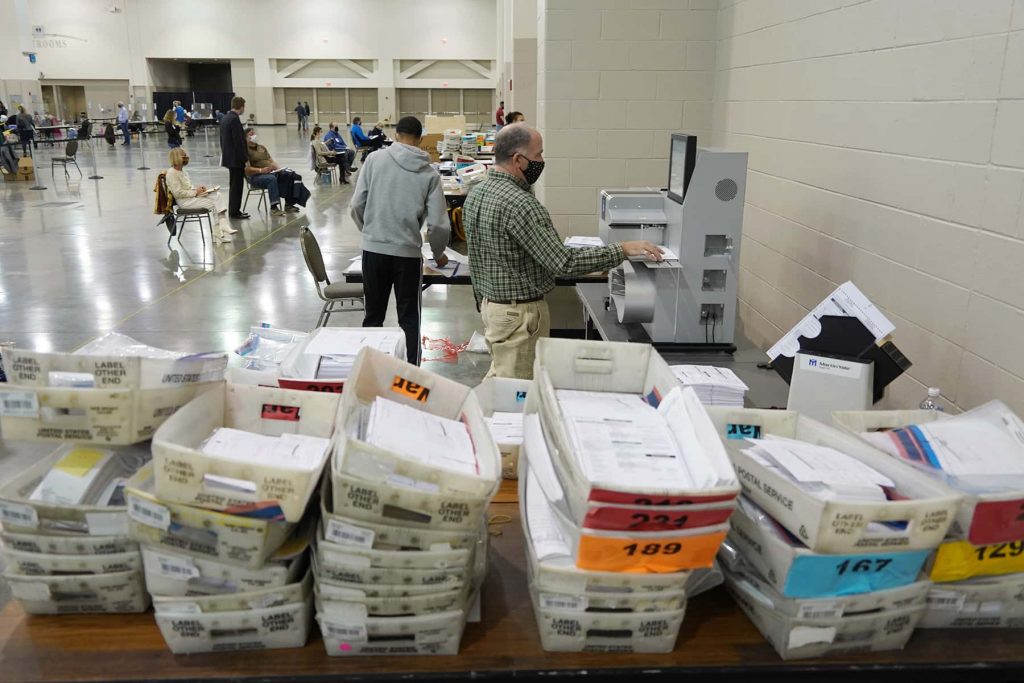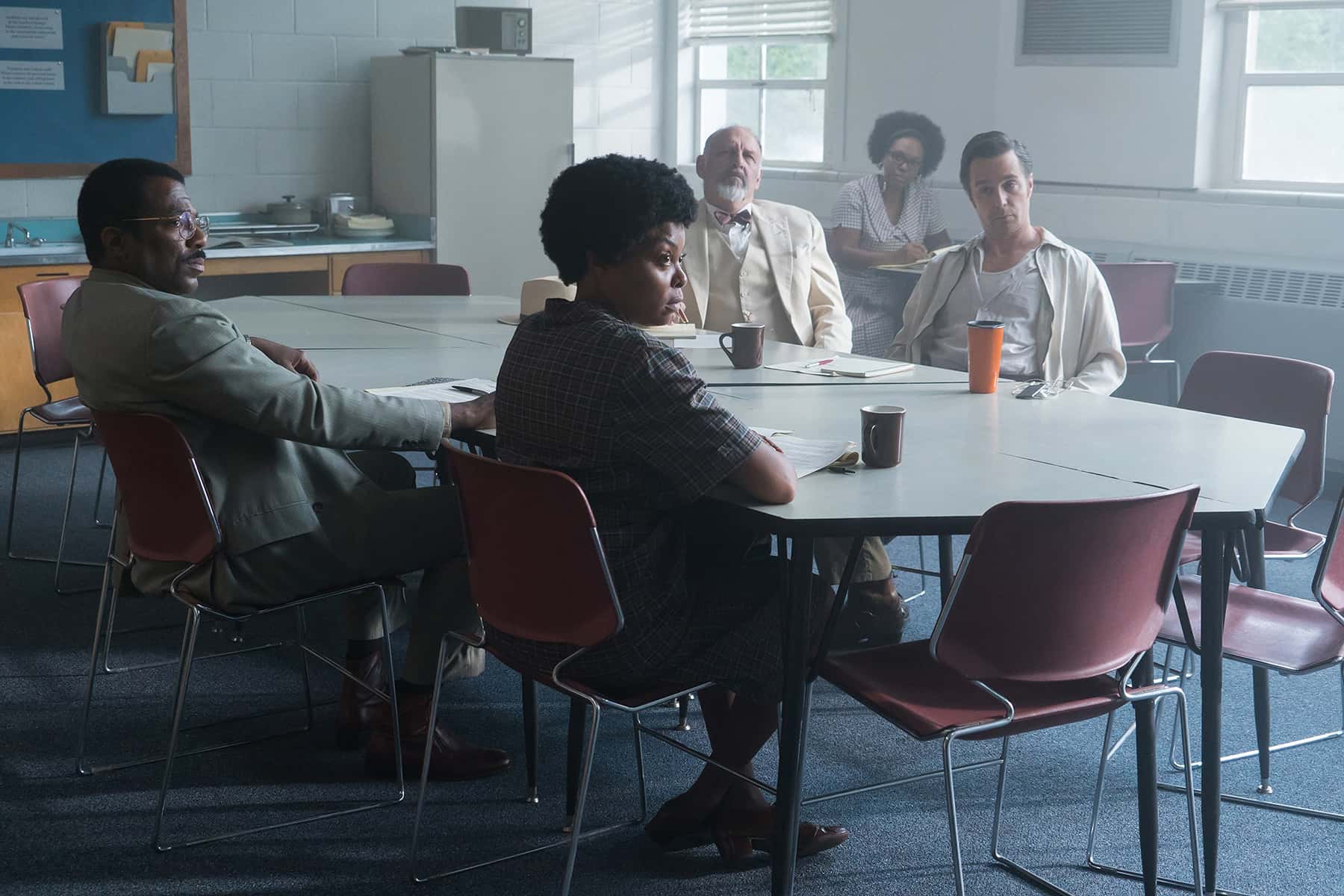
“Do I not destroy my enemies when I make them my friends?” – Abraham Lincoln
In 1971 I was a devout student in Chapel Hill, NC and – of course – so focused on academics I scarcely realized Durham and Duke University are right down the road. Little did I know the earth was about to shift on its axis.
History was about to be made. A major motion picture would come from it. A long-time Raleigh News and Observer columnist recently says this moment in 1971 was the the event that held Durham together through a dark time in its racial history. This year Durham celebrates its 175th Anniversary, and Barry Saunders said had the outcome been different, it was likely the city would not have made it.
They were an unlikely pair. A book was written about them, The Best of Enemies: Race and Redemption in the New South, and a movie based on it was recently released. C.P. Ellis was a notorious Ku Klux Klan leader. Ann Atwater was a feisty African-American community activist. When the two collided, it was not pretty.
The segregated Durham public schools were slowly integrating. The city was deeply divided. When the situation grew volatile, Durham was court-ordered to complete its school desegregation. To do so, Raleigh-based community activist Bill Riddick took a huge risk. He brought Ellis and Atwater to work together with other fellow residents to develop a workable desegregation process. It would be 10 consecutive meetings of 12 hours a day.
Even on the last night of the meetings, Riddick had doubts and would not bet on a positive outcome. Ellis, a gas station operator, poor, but a fast climber among white supremacists; and Atwater, an activist, came to realize they shared a mutual concern. Each had children who faced the same issues.
At the end of the meeting that night, Ellis stood up to speak: “If schools are going to be better by me tearing up this card, I shall do so.” And before a shocked gathering, including Riddick and Atwater, Ellis tore up his KKK membership card, renounced all his white supremacists associations, left his past, began a new and different life. The best of enemies turned a corner and became the best of friends.
From there on, until C.P. died, they travelled about, telling their story, encouraging people to talk, listen, learn and hear the other, and work together for the common good. When I returned to Durham as a pastor in the mid-1990s, I became President of an interfaith coalition of religious entities actively advocating for racial reconciliation, addressing justice, poverty, neighborhood violence, and public education. Ann and C.P. were partners with us, two truly amazing people who had learned tigers can change their stripes.
Perhaps that example offers a glimmer, a ray, a beam of hope we need in these bleak days. Mosques, churches, synagogues, Sikh Gurdwaras, and other religious worship houses, in the United States and worldwide are targeted and bombed, killing hundreds of innocent people.
Fear, anger, and hatred appears to breed faster than love, understanding, and compassion. We may be unable to change the world. But enemies can become friends. This story shows a way to do it, if we are brave enough to be real, own our fear, get over ourselves, lose our false ego, and find within the best of what God creates and desires us be, the Best of Former Enemies.
The Rev. C. Steven Teague
Astute Films

